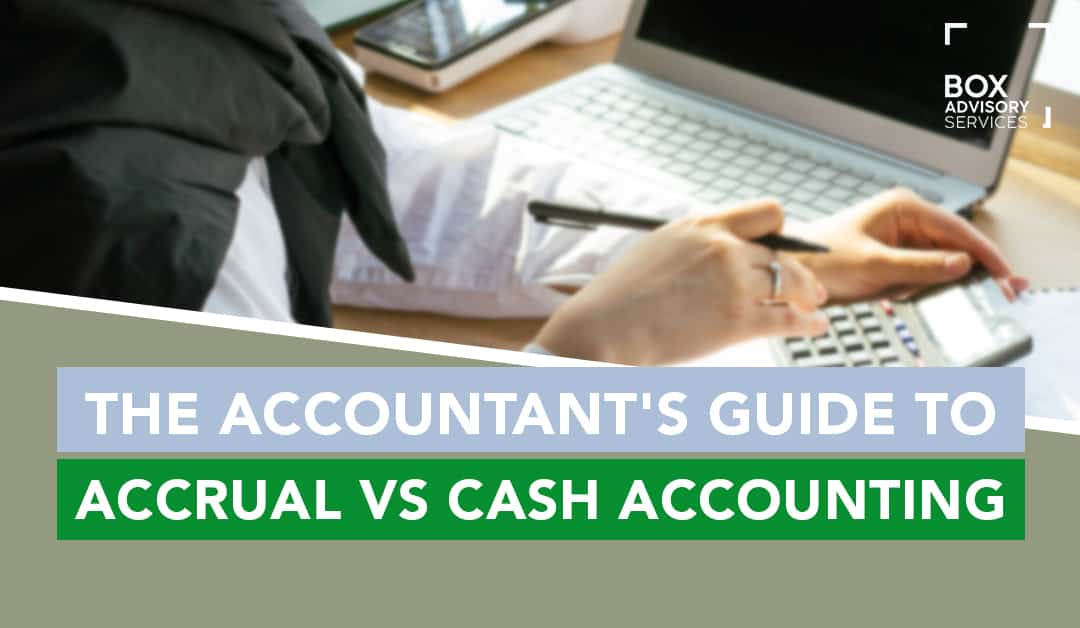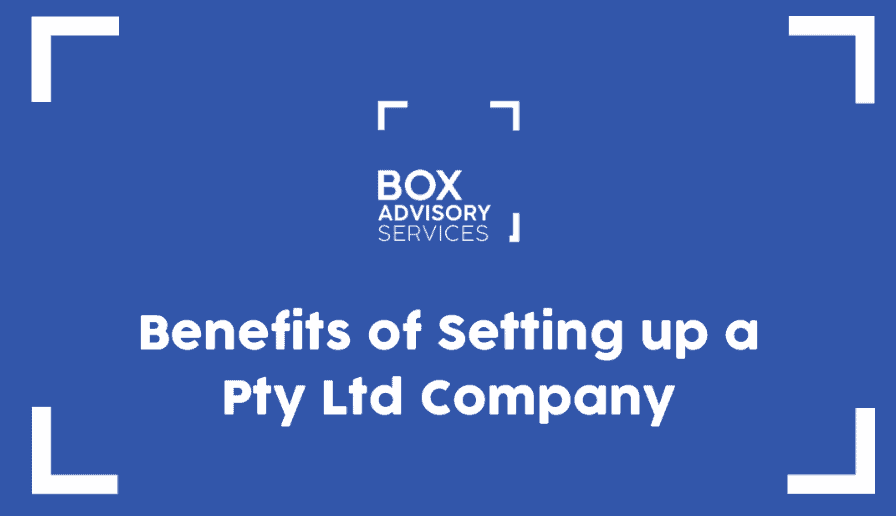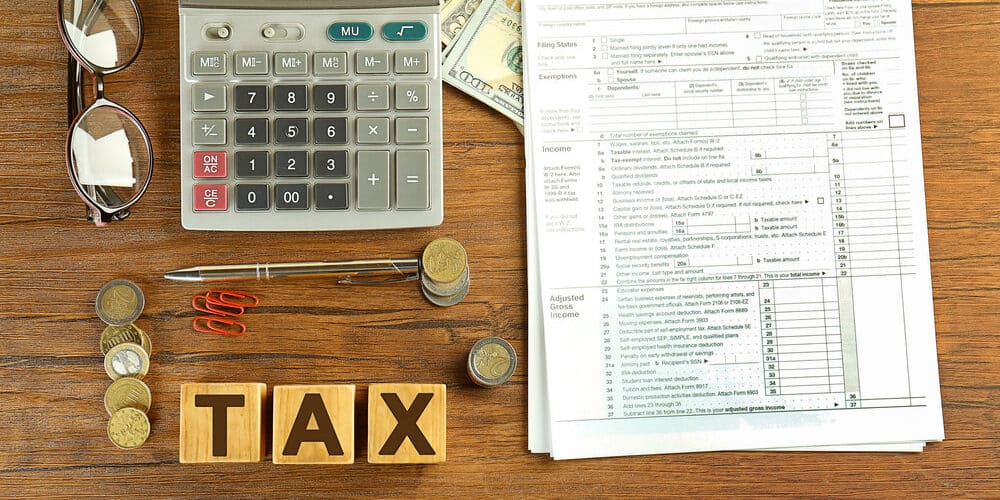
BY
|
The Accountant’s Guide to Accrual vs Cash Accounting
Knowing the difference between the two accounting methods is vital as a business owner because it can significantly impact your business. You must decide between two primary methods: accrual accounting or cash accounting.
Cash accounting is the oldest form of accounting for businesses. As its name suggests, it records income that flows into your bank account when it’s received and expenses when they’re paid out of your bank account.
Accrual accounting records income in the same way, but records any revenue earned before payments happen (accrued) and expenses already incurred (prepaid). This system can be more complicated than cash accounting but may have significant benefits depending on the company’s situation.
If you’re not sure what your business should use or want to learn more about how these two systems work, here’s what you need to know about accrual vs cash accounting.

Cash vs Accrual Basis Accounting from a Business Financial Management Perspective
What Is Cash Basis Accounting?
The cash basis method of accounting records income only when it’s received and expenses when they’re paid out into your business bank accounts. In other words, income is only recorded when you receive a payment from customers or clients and expenses are only recorded once you have settled the invoice.
When your business uses the cash accounting method, it doesn’t acknowledge accounts receivable or accounts payable.
This also makes it the simplest of the two accounting methods because it doesn’t involve recording accrued revenue or expenses.
Your accounting records only account for the income and expense at a specific point in time, which means you’ll have a good understanding of what your cash flow standing is and how much cash you have on hand.
Beyond that, the cash basis accounting method is pretty straightforward and easy to maintain. This is especially beneficial for small businesses that don’t have an in-house accountant or have not yet outsourced their accounting to a firm.
Unfortunately, it’s not always accurate from an expense perspective because it doesn’t account for future expenses. So it may seem like your business is profitable now, but it doesn’t account for the expenses you must pay the following week. As a result, it could be difficult to make long-term financial management decisions.

How Does Accrual Basis Accounting Work?
Accrual accounting tracks all financial transactions, including where no money was received in your bank account. Accrual accounting recognises revenue earned before payment (accrued) and expenses incurred but not yet paid for.
For example, once you’ve completed a service or sold a product, you’ll issue an invoice to your customer or client and record the transaction even though the invoice is yet to be settled. And if you’ve purchased on credit, you record expenses even though you have not yet paid for it.
The benefit of using the accrual method is that you’ll have a far more accurate understanding of your income and expenditure to make long-term decisions about your business’s financial future.
For example, you can identify which periods were most successful and which weren’t.
However, while you have a realistic overview of your company’s profitability, you don’t necessarily accurately represent your business’s cash flow standing.
Your financial statements may indicate that your company is highly profitable, but you don’t have any cash on hand.
So, you’ll need to implement a solid accounting system that allows you to accurately track your cash flow so that you don’t end up in a situation where you cannot pay your creditors down the line.
The accrual accounting method also has many moving parts, so it’s more complex to maintain than the cash method.
In a hypothetical situation, one of your debtors may pay you in advance, and another might be in arrears. There is also far more risk for businesses because you’re recording income despite the risk of your expected revenue might not be settled when it’s supposed to.
Cash Vs Accrual Accounting & GST Implications
It’s also worth considering that your chosen method will affect when you must report and pay taxes – specifically GST.
With a cash basis accounting system, you must account for your GST obligations in the reporting period you receive payment for your service or product sale. The same applies to your expenses. You can account for your GST credits on your expenses in the reporting period in which you made the payment.
On the other hand, with an accrual-based system, you must account for your GST obligations in the reporting period in which you issue a tax invoice or receive full or part payment, whichever occurs first.
And if you have a tax invoice for any of your expenses, you can claim a GST credit even if you haven’t made payment yet.
Very small businesses (in other words, those that earn less than $2 million turnover) can choose between Cash or Accruals GST methods freely. The cash-based GST method is the most common GST method for small businesses.
Example
It is time to lodge your September Business Activity Statement (BAS). Suppose your business is GST registered and has invoiced clients a total amount of $10,000 in August. However, the clients are only required to pay the invoices by December, so by the time you submit your BAS, you would not have received the funds from your clients.
If that is the case, using the accrual-based GST method, you would need to pay $10,000 x 10% = $1,000 to the ATO for GST, despite the fact that you haven’t received the funds yet.
However, using the cash-based GST method, you will not need to pay any GST because the money invoiced has not reached your company bank account.
The same applies to GST on expenses.
How Does Accruals Or Cash Method Impact Your Income Tax Return?
Similar to GST, a small business can choose between the accrual-based or cash-based method for income tax purposes.
The most common method for lodging income tax returns is the accrual method. This is because an entity is able to deduct expenses that are incurred but not yet paid. They can also write off bad debts for income not received.
Example
ABC Pty Ltd has chosen to use the Accruals Income Tax method.
The accountant looks at all the outstanding invoices and requests ABC Pty Ltd to write off any bad debts (i.e. invoices that are outstanding and will not be paid).
All bills that are owing which can be reasonably estimated and there is no genuine dispute of its existence can be claimed as a tax deduction. Thus reducing this financial year’s taxable income and improving business cash flow.
This way, ABC Pty Ltd will:
- have an accurate profit and loss statement to review,
- save on taxes as bad debts are written off, and
- be able to claim invoices that are owing as a tax deduction.
As a general rule of thumb, businesses that are small and simple may opt for cash base income tax method but accrual base accounting is much more common.
What System Should You Use For Your Business: Accrual Accounting or Cash?
So, which accounting method should you choose?
Accrual accounting records revenue and is more popular than cash basis accounting because it gives business owners a clear view of their company’s profitability. It takes both sides of the story into account: revenue and expenses, regardless of whether they were paid in cash or not.
But, for some small businesses, the accrual basis accounting method can be complicated or time-consuming. So, instead, they prefer to keep things simple and rather focus on cash transactions and understanding their cash flow position.
It all comes down to what suits your business circumstances at the end of the day. You’ll need to decide on a system based on the type of business you run, how big your business is and what your future objectives are.
Beyond that, the Australian Tax Office also provides certain rules that you’ll have to consider when making your decision.
For example, if your business makes more than $10 million per financial year, you’ll have to use the accrual accounting system. On the other hand, if your turnover is less than $10 million, you can decide which accounting method you use.
Key Takeaways
Now that you know the difference between a cash and an accrual accounting system, it’s time to decide which one your business should choose.
If you’re just starting out or don’t have much turnover, then a cash-basis system is likely best. It’s simple, straightforward and helps you keep track of your cash flow position.
However, if you’re thinking about the bigger picture or already turning over more than $10 million, then you’ll need to implement an accrual system. The accrual accounting system includes all obligations owed by a business at a given point in time regardless of whether those debts have been paid yet or not. So you’ll have a much better idea of your business’s financial health.
Either way, it’s always best to engage the services of an expert accountant. The best way to decide is by finding out which one will benefit your company most in the long run.
At Box Advisory Services, we believe in helping you make better decisions to grow your business, so we offer a range of services from business advisory services, accounts preparation and tax assistance to payroll solutions.
We are committed to helping guide our clients through their financial landscape by providing them with professional advice on their company’s needs. So, if you need assistance deciding on the best tax planning and accounting system for your business, get in touch today.
Disclaimer:
Please note that every effort has been made to ensure that the information provided in this guide is accurate. You should note, however, that the information is intended as a guide only, providing an overview of general information available to contractors and small businesses. This guide is not intended to be an exhaustive source of information and should not be seen to constitute legal or tax advice. You should, where necessary, seek a second professional opinion for any legal or tax issues raised in your business affairs.



